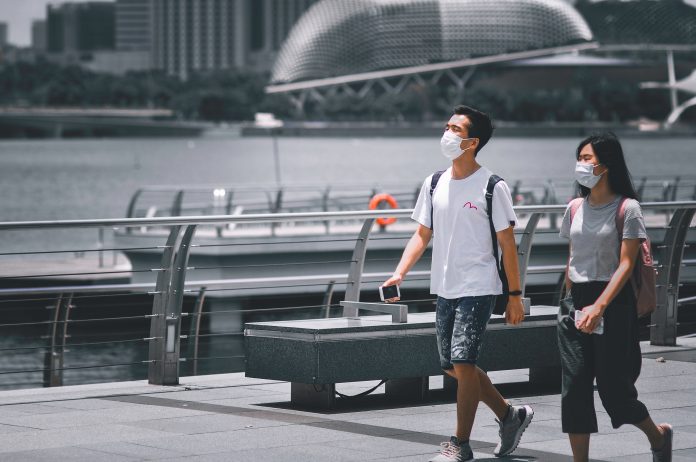International borders are opening in some parts of the world, but in many cases, liberation comes at the cost of travelers having to share medical information such as COVID-19 test results or proof of vaccination.
So how do American travelers feel about providing COVID-19 documents in order to travel abroad?
A new study conducted by YouGov indicates that two-thirds of consumers in the US who are planning to travel internationally in the next 12 months are willing to provide a proof of vaccination to enter a country (66%). Nearly half of this audience of potential travelers would also be willing to provide a negative COVID-19 test result (47%). However, about one in six potential travelers are reluctant to provide any Covid-19 documentation (15%).
Delving deeper into the data suggests that older travelers are more willing to provide documents required for travelling overseas. Those over the age of 55, for instance, significantly outnumber their younger age cohorts when it comes to their willingness to show a negative COVID-19 test result (18-34-year-olds: 42%; 35-54-year-olds: 47%; 55+: 54%) or a proof of vaccination (18-34-year-olds: 45%; 35-54-year-olds: 71%; 55+: 84%).
It’s unsurprising that older audiences tend to be more willing to provide Covid-19 documentation given concerns about their health and travel protocols – and also their likelihood to have had the vaccination.
On the flipside, it’s 18-34-year-olds who are more unwilling to provide any Covid-19 documentation (26%) than any other age group.
























